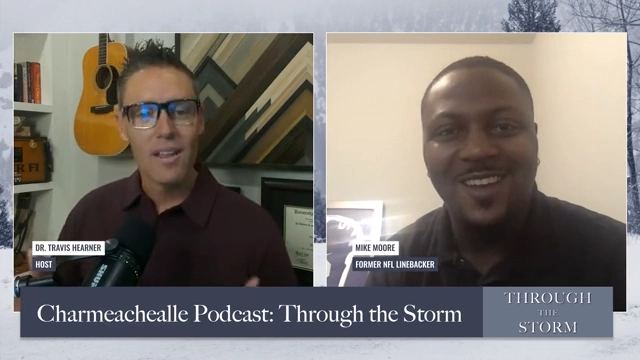Weaver Beyond the Numbers Property Taxes, An Appeal to the Appeals Process
The tax assessor’s notice isn’t always the final say on what taxpayers must remit. Companies can easily appeal these decisions with a proactive appeal strategy for their real and personal property taxes . Discussing Property tax can encompass a large portion of your company’s tax burden and with rising assessments there is a feeling of uncertainty in an already unpredictable economy. Weaver’s state and local tax professionals, Jason Armstrong, Senior Manager, and Shane Stewart, Partner-in-Charge offered their expertise. They join Tyler Kern for an episode of Weaver Beyond the Numbers to discuss how and why organizations should take a second look at their property tax appeal process,
Both Armstrong and Stewart bring a wealth of knowledge and experience to the topic. First, Armstrong explained, “Businesses receive the appraisal and projected amount due. If you don’t agree with this, you have the right to appeal.”
“The tax is not yet due, and you have a period of time to reduce it,” Stewart added.
The process can be as simple as a tax professional talking with the assessor and sharing information to disputes the value. Some appeals will need go to a board hearing. Armstrong explained, “It’s high-level, and you have only 15 minutes to state your case. Then the board makes a decision, which can also be appealed.”
In appealing, Stewart noted, “You want to have someone with the technical ability to present the facts, and someone with relationships with jurisdictions.”
Mistakes are also made in the assessment process, and having a professional who can uncover these oversights can help with the appeals process. So, what are the top mistakes in assessments? Armstrong highlighted several: “The assessor can make a mistake of course, but I see errors in understanding the useful life stage. Often assessors are just plugging in general numbers, but there may be additional depreciation. Obsolescence, either functional or economic is another area where mistakes are made. Functional describes the loss of value due to the asset’s inefficiencies. Economic refers to loss of value due to external factors.”
Not looking at an assessment can mean overpaying for years. Stewart explained, “Most taxpayers don’t even know they can appeal, so be aware of this as a way to save money.”
With Weaver’s expertise in dealing with complicated property tax issues along with a deep understanding of the property tax appeal process, the team is equipped to make sure your business is minimizing its tax liability.
We welcome you to contact Jason Armstrong and Shane Stewart to talk more about their insights.



